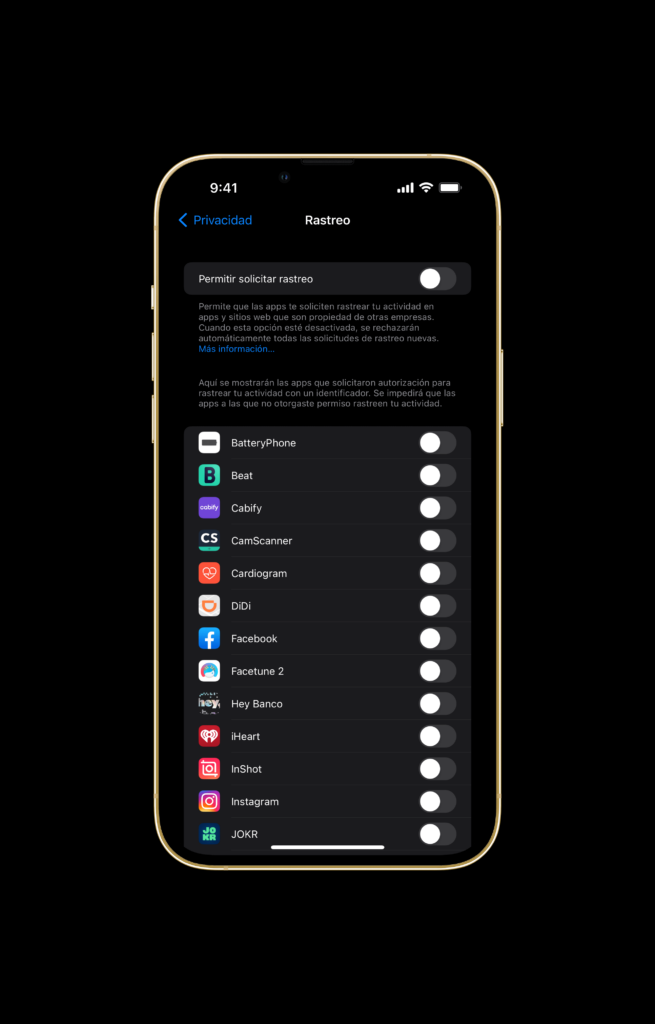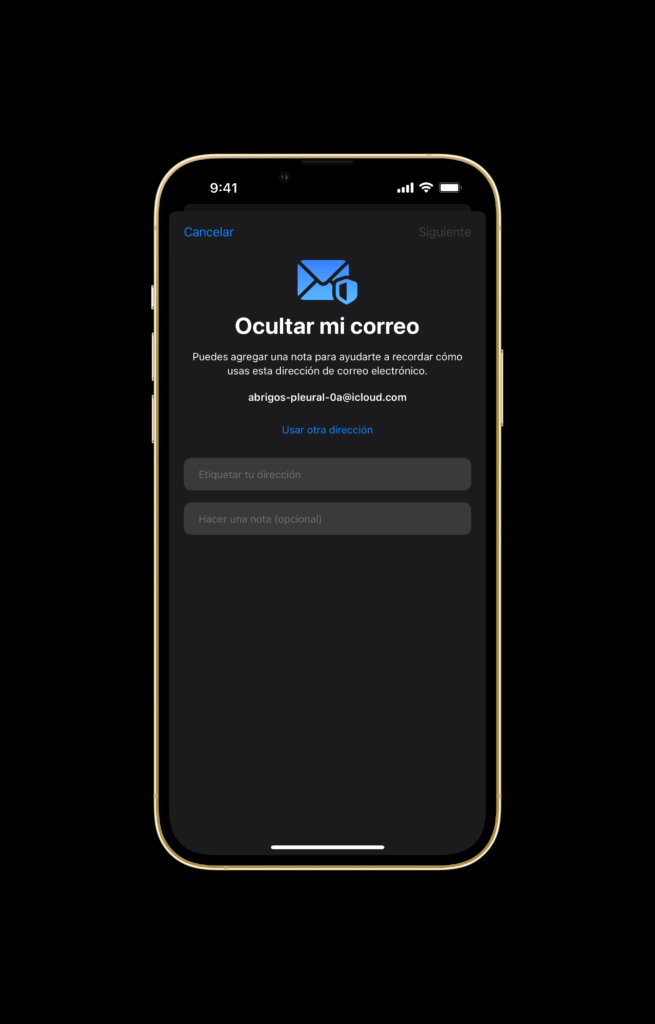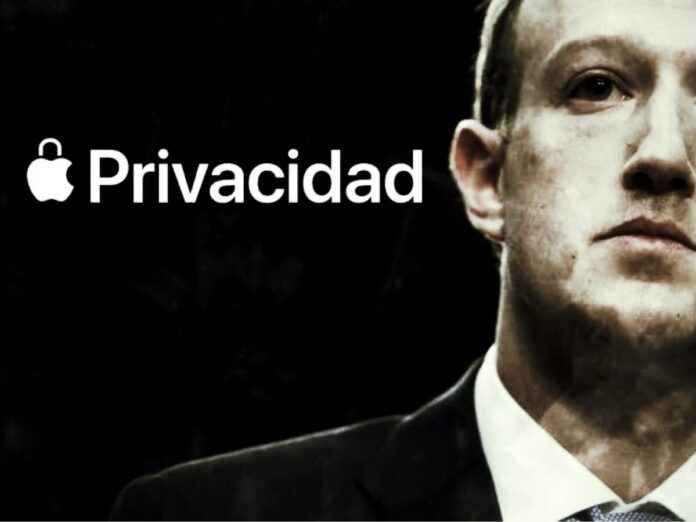Christian Carlos
Meta's Facebook, owned by Mark Zuckerberg, plunges into the abyss by dropping, from its all-time high, -33.64 points in less than a week.
Its downfall was pronounced in the face of Zuckerberg's threat to shut down Facebook and Instagram in the European Union, due to practices that prevent the company from storing European user data outside its territory, thus preventing such information from traveling and being stored in the U.S.
Zuckerberg's temper tantrum was the last thing needed to rattle the stock market against him. It rattled the investors' cage. He bit the hand that fed him and ended up plummeting in his worst fall since the company's inception.
Facebook's first fall happened hours earlier, when it unveiled, at the investors' meeting, the results that, for the first time in its history, showed a decline in the number of its users: Facebook stopped gaining users.
While far from being toxic capital, reality caught up with Zuckerberg. Once the traffic of information from Facebook to advertising companies was stopped, Facebook's business began to be in jeopardy and Apple was the company responsible for putting an end to the rampant capitalism that looks at its users as a product.
So Apple decided to put a stop to Facebook's privacy practices and started asking the user if they wanted to be tracked. In that case, the iPhone sent a random anonymous identifier to Facebook to avoid identifying the user in case a Facebook tracker, installed on the user's iPhone previously - and without consent to do so - allowed to talk to other apps about who you are: a range of likes based on what you share.
A sign of this was the series of announcements Signal shared across Facebook and Instagram about what Meta; i.e., Mark Zuckerberg knows about you.
However, it was Apple who, upon learning about Facebook's conduct, first asked its users.
While users were not openly asked about whether they wanted to track them in iOS 13, Apple attempted to release the first version of iOS 14's ?Allow Request Tracking? which was delayed in disagreement with ad vendors, including the biggest one: Facebook.

If, after the update, the user opened an application that included a tracker, the iPhone user and any Apple device sent a random anonymous identifier.
Not knowing who you are while browsing the Internet hit Facebook where it hurts the most: advertising sales. While advertising will still be present on the platforms that are sustained by its sales, it will be less relevant and, hopefully, the user will not interact with the ads.
The user of an Apple device is asked "Allow the app to track your activity on other companies' websites and apps?", and then has two options to choose from:
Following the iOS 14.5 update in May 2021, analytics firm Flurry indicated that 96 percent of U.S. iOS users requested apps not to be tracked.
It should be noted that such a question is asked only once per application, although the user can activate the option to be tracked at a later time; however, users have found that they can also deactivate the question to imply that they refuse to be tracked in any form by external applications.

To review the tracking settings, the user should go to General, then Privacy, then Tracking and review which applications have requested tracking and which are enabled. A green indicator means that tracking is enabled.
That wasn't all from Apple who, for the release of iOS 15, integrated more privacy features: Private Wi-Fi address, hide IP address from trackers in Safari and Mail, iCloud Private Relay - an Apple service that hides Internet activity through Apple servers rather than having them connect directly to external servers - and Hide Mail, also from iCloud.

Apple's idea is to make the user invisible when surfing the Internet, giving the user full control over how they are visible when online.
Apple's services are based on iCloud, a cloud service for iPhone users and its ecosystem that offers solutions for everyday digital life. For example, FaceTime is Apple's end-to-end encrypted voice and video calling service, which is now available for Windows and Android.
iMessage, on the other hand, is a more veteran service, it is Apple's messaging service between devices in the ecosystem that is end-to-end encrypted and is a favorite of Americans, as its configuration is extremely seamless.
iCloud stores everything else. In terms of privacy, Facebook can't compete, which is why Zuckerberg relies on ad sales. Facebook - and its apps - milked its users' data from their phones for years to sell to the highest bidder, yet Apple has been the only company committed to ending Mark Zuckerberg's metaverse before it even begins.
Nothing good can come out of Meta. However, many people depend on this platform to survive economically, there are companies whose communication is based entirely on WhatsApp messages, groups and calls, were the same that suffered the most after the last cut to services. Content creators are migrating to platforms that are just as harmful, but if it's a question of canceling Mark Zuckerberg's universe, that's what TikTok, Google and Amazon are for.



